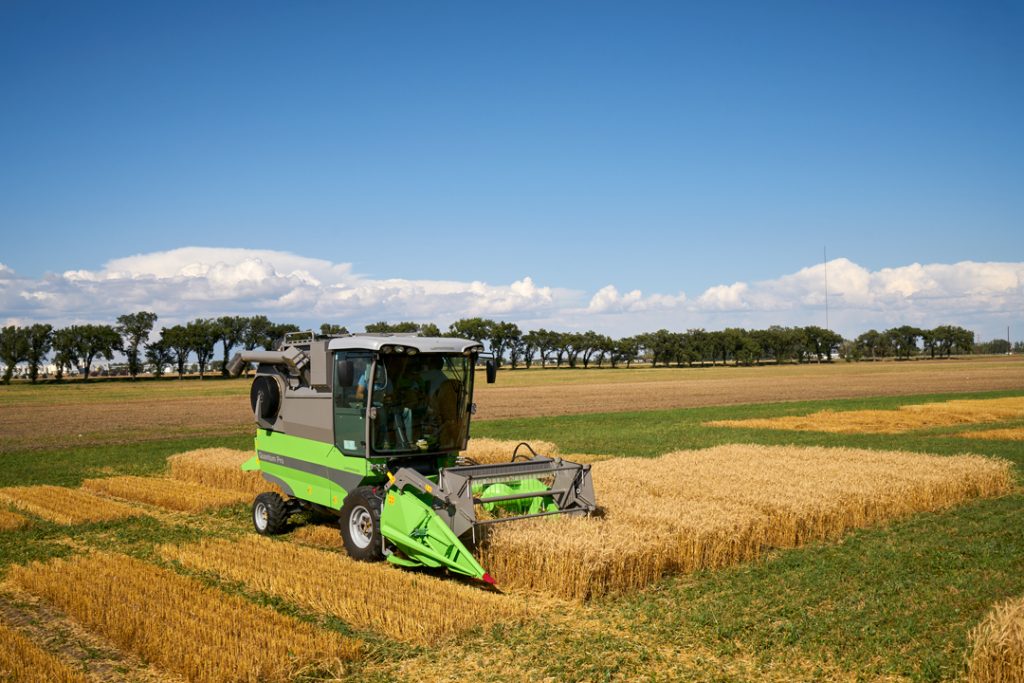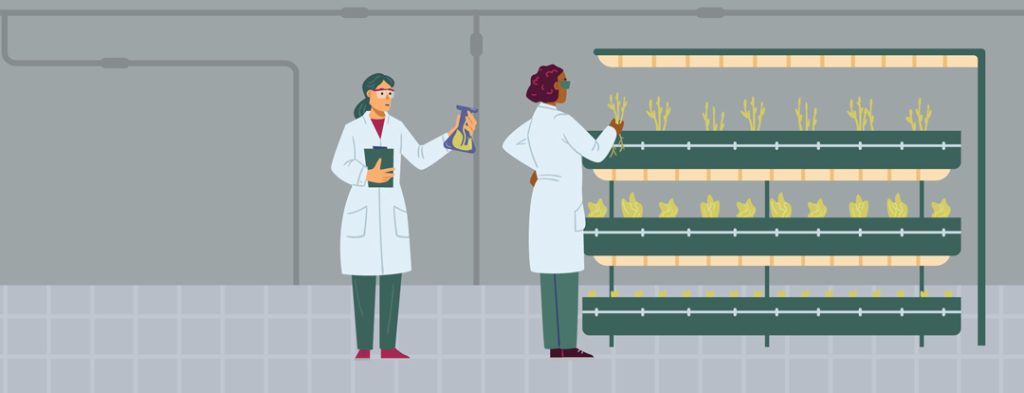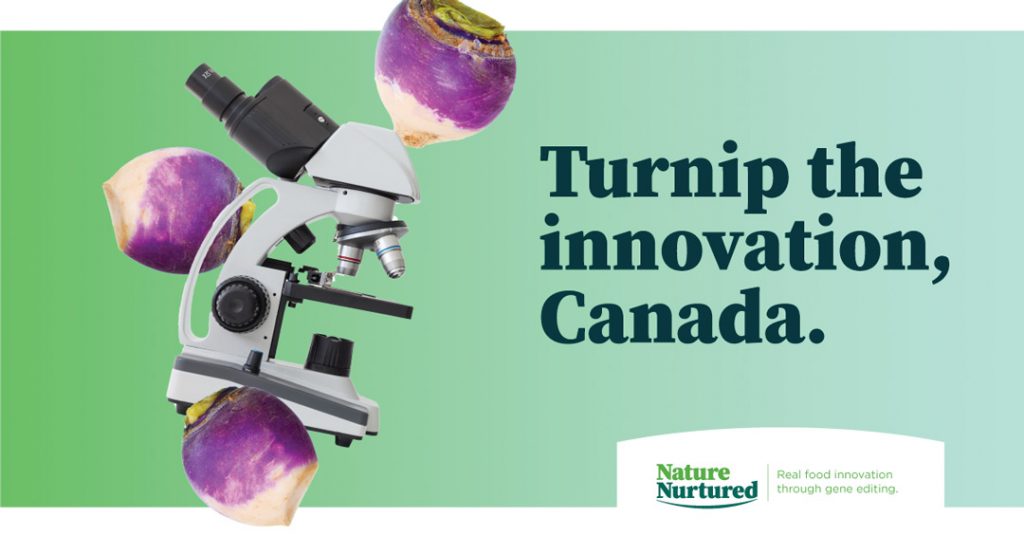CALL IT IN
As illegal seed practices continue across Canada, a tip line has been established by the country’s biggest industry group.

As illegal seed practices continue across Canada, a tip line has been established by the country’s biggest industry group.

Built on strong variety development, Canadian grain has a solid reputation for high quality. However, industry experts increasingly warn this has been put at risk by waning investment, a cumbersome variety registration process and plant breeders’ rights that are often criticized as weak.

Whether it’s pernicious pests, an unpredictable climate or increasing costs, threats to cereal crops constantly evolve. To build and maintain a sustainable system for cereal production in Canada requires the ability to adapt. There are few better examples of adaptability in agriculture than the efforts made by plant breeders to assist farmers.

With the use of new biotechnology processes known as gene editing, a revolution in plant breeding technology is now underway. Methods such as CRISPR/Cas9, the best-known gene editing process, can carry out targeted changes within crop and livestock genes. Naturally, there is fear within the farm and agri-food sectors that foods produced via this technology will face public resistance as GMO crops once did.